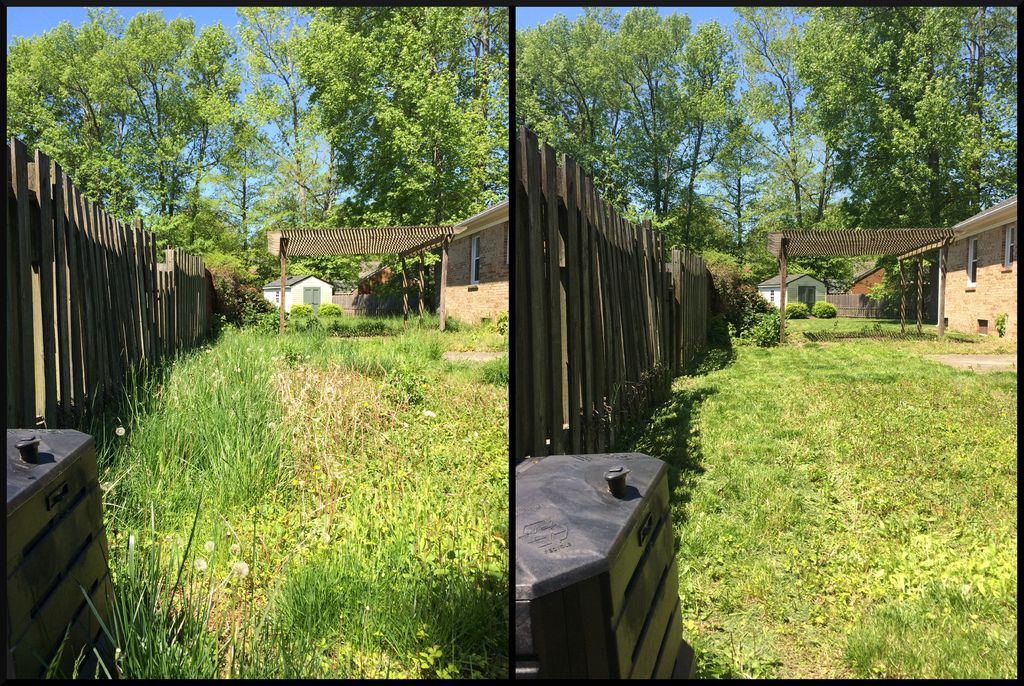Overseeing realtor actions potentially becomes part of the upcoming anti-fraud legislation enhancements.
Rapping Up Real Estate Regulations in Russia
In a move to ensure professionalism and protect citizens, the Russian government plans to bring order to the real estate industry. According to Forbes, they will soon require real estate transaction accompaniment services only from individuals registered in a unified real estate agent registry. Additionally, real estate professionals will need to reverify their professional standard qualifications every five years through independent assessments.
The future will see legal entities and individual entrepreneurs as the only entities eligible for professional real estate activity. Individual real estate agents, even the self-employed, will need to sign a labor or civil law contract with a registered legal entity or individual entrepreneur to provide paid services.
The justification for these changes? The entry threshold for Russia's real estate agency profession is currently low, with little effort needed to acquire specialized knowledge, organize work, or manage client risks. Around 30,000 legal entities and hundreds of thousands of individual real estate agents currently operate in Russia without any quality control from competent authorities, potentially jeopardizing both the state and citizens.
This development is part of the second package of measures aimed at battling cyber and telephone fraud, along with actions to regulate bank card circulation, develop legal tools for controlling the real estate transaction market, and establish responsibility for AI-related offenses. The document is still being coordinated among departments and has not yet been presented to the State Duma.
On a separate note, the State Duma has been mulling over a bill that would impose criminal liability on individuals (droppers) aiding money laundering through paid transfer of personal bank cards or accounts. The bill intends to amend Article 187 of the Russian Criminal Code on illegal payment means circulation. In 2024, around 485,000 crimes involving droppers were recorded, with the total amount for completed and suspended criminal cases on "remote thefts" reaching approximately 197.5 billion rubles.
As for other concerns, the Russian government is keeping a close eye on phone scams, oil spills, and high mortgage rates. Ever thought about how a fraudster voice registry could work, even with altered voices? Delve deeper into this topic on DK.RU.
Bonus Insights:
- Rental Housing Market Changes: Currently under discussion is a proposed bill that would necessitate neighbor consent for renting housing in Russia. However, experts express doubts about the feasibility of enforcing this requirement due to practical challenges.
- EU Sanctions on Russia: The EU has imposed new sanctions, including asset-freeze measures against individuals and entities involved in destabilizing activities like propaganda and sanctions evasion. These sanctions don't specifically target real estate transaction accompaniment services but affect broader economic and financial activities.
In the second package of measures aimed at regulating the real estate sector, there will be a focus on legal entities and individual entrepreneurs as the only entities eligible for professional real estate activity. Individual real estate agents, even the self-employed, will need to sign a labor or civil law contract with a registered legal entity or individual entrepreneur to provide paid services, thus emphasizing the role of finance in the real estate industry.
The Russian government's plan to bring order to the real estate industry also includes the need for real estate professionals to reverify their professional standard qualifications every five years through independent assessments, potentially leading to increased financial accountability in the field.





